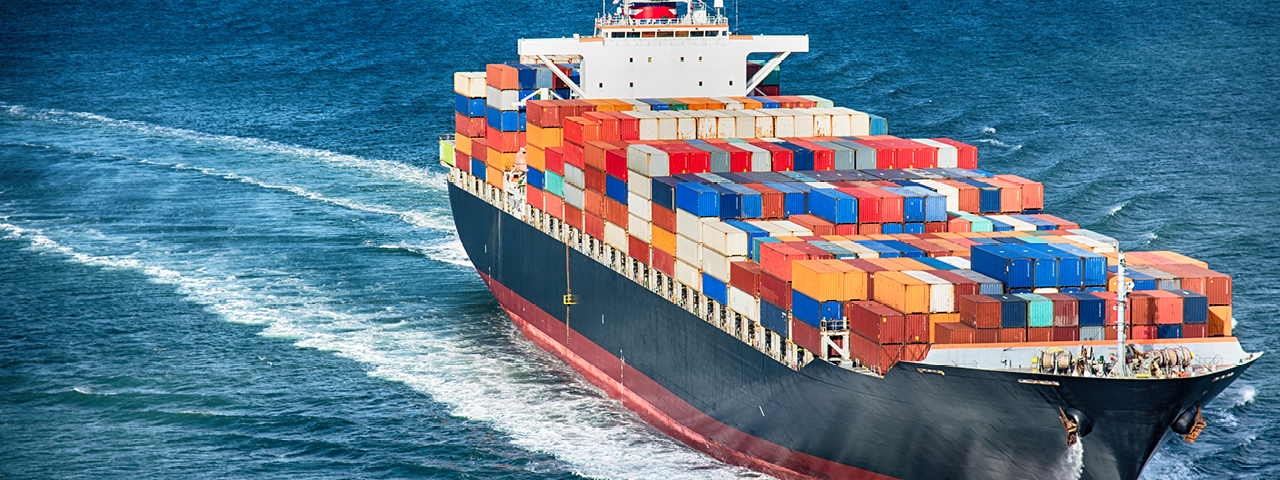
Tariffs and Trade
Tariffs & Trade Impacting the Automotive Aftermarket Latest News
The Auto Care Association is actively monitoring this evolving situation and will provide updates as new information emerges. Check this page regularly for the latest developments.
Member-only Resource
Auto Care Tariff Calculator
Use our tariff calculator to help you identify which recent U.S. tariffs may apply cumulatively to your products.
See CalculatorHas your business been impacted by Tariffs?
We welcome your feedback to help us better understand and assess the impact of these tariffs on our industry and businesses. Please share with us by contacting Angela Chiang, director, international affairs, at angela.chiang@autocare.org.
Share Your Impact StoryCurrent Status
On March 26, 2025, President Trump issued a proclamation imposing a 25% tariff on imports of automobiles (effective April 3, 2025) and certain automobile parts (tentatively effective May 3, 2025).
Current Status
Effective March 7, 2025, imports from Canada and Mexico that meet USMCA rules of origin are exempt from the additional IEEPA duties. Imports that do not satisfy USMCA rules of origin are subject to a 25% tariff rate. Energy products from Canada and potash from Mexico and Canada are subject to a reduced tariff rate of 10%.
Effective March 4, 2025, imports from China are subject to a 20% tariff rate, an increase from a 10% tariff rate that went into effect on Feb. 4, 2025.
Note that many products imported from Canada and Mexico were already duty-free under MFN rates, making USMCA declarations unnecessary. Under the new policy, importers must document and ensure USMCA compliance (if eligible) to be exempt from the IEEPA tariffs. Otherwise, the 25% IEEPA tariff would apply.
Current Status
On April 1, 2025, President Trump issued an Executive Order under the International Emergency Economic Powers Act (IEEPA) to establish a 10% baseline tariff and country-specific reciprocal tariffs on imported goods.
On April 9, 2025, President Trump issued an order delaying the country-specific reciprocal tariffs effective April 10, 2025. The country-specific reciprocal tariffs originally went into effect on April 9, 2025 and will be suspended for 90-days, after which the country-specific rates in Annex I will apply.
The baseline 10% tariff remains in effect for all products from all countries during this time, except for products that are covered by the exemptions listed in the original order (see below).
However, the 90-day pause does not apply to China due to their retaliatory tariffs on U.S.-origin goods. China's reciprocal tariff rate has increased from the original 34% to 84% and now to 125%. This applies to goods entered for consumption, or withdrawn from warehouse for consumption, on or after 12:01 a.m. EDT on April 10, 2025.
Current Status
As of March 12, 2025, the expanded Section 232 tariffs on steel and aluminum are now in effect. All imports of steel and aluminum are subject to a 25% tariff, and previous country exemptions and tariff-rate quotas have been eliminated.
The tariffs also apply to certain derivative products based on the steel and aluminum content. The product exclusion process has been terminated, meaning previously approved exclusions are no longer valid.
Current Status
The Section 301 China tariffs implemented in 2018-2019 remain in effect, with most tariff rates unchanged since their initial implementation. While some product exclusions have been extended, the majority have expired, except for a limited set scheduled to expire on May 31, 2025.
Additionally, a new 20% tariff on imports from China was imposed under IEEPA, taking effect on Mar. 4, 2025.
USTR Finalizes Port Fees on Chinese-operated and Chinese-built Ships
On April 17, 2025, the Office of the United States Trade Representative (USTR) announced final actions under the Section 301 investigation targeting China’s maritime logistics and shipbuilding sectors. The measures, which reflect significant changes from the initial proposal released in March, introduce a phased and more narrowly tailored fee structure on Chinese-built vessels and operators.
Key Changes from Initial Proposal
USTR made significant changes from the initial proposed actions in response to public comments and industry concerns. Fees will now apply per U.S. voyage, not per port call, and are capped at a maximum of five times per vessel each year. The fee structure has shifted from a flat rate to one based on vessel net tonnage or container volume, with gradual phase-in.
Summary of Final Fee Structure – Starting in 180 Days (on Oct. 14, 2025)
Chinese Vessel Operators and Vessel Owners:
- $50 per net ton, increasing by $30/NT annually over three years on April 17. The fee is assessed at or before the first U.S. port on a particular string. The fee will be charged up to five times per year, per vessel.
Operators of Chinese-Built Ships:
- The higher of the two options: (1) $18 per net ton, increasing by $5/NT annually over three years on April 17; or (2) $120 for each container, increasing by $30+ annually over three years on April 17.
- The fee is assessed at or before the first U.S. port on a given voyage. The fee will be charged up to five times per year, per vessel.
- A vessel operator is eligible for a fee remission for up to three years if it orders and takes delivery of a U.S.-built vessel of equivalent size.
Foreign Vehicle Carriers:
- $150 per Car Equivalent Unit (CEU) to incentivize the use of U.S.-built car carriers.
LNG Shipping Restrictions:
- After three years, there will be incremental limits over 22 years on the use of foreign-built LNG vessels, aimed at bolstering U.S.-built LNG capacity.
Additional Clarifications
- Fees are not cumulative per voyage.
- Only one fee applies per voyage, regardless of how many categories are triggered.
Fee Exemptions
- Ships operating in the Great Lakes, U.S. territories, the Caribbean, or bulk vessels arriving empty are largely exempt.
- Companies ordering U.S.-built vessels can apply for a three-year suspension of equivalent fees on non-U.S.-built ships.
New Section 301 Investigations on Equipment
In parallel with the fee structure, USTR has launched new Section 301 investigations on:
- Ship-to-shore cranes: proposed additional duties of up to 100%
- Cargo handling equipment: proposed additional duties of up to 100%
USTR is accepting public comments from stakeholders regarding the products and tariff rate of the proposed actions. The deadline to submit comments is May 19, 2025.
On Your Behalf
The Auto Care Association submitted comments to the Office of the U.S. Trade Representative (USTR), urging reconsideration of proposed fees on Chinese maritime operators and maritime operators using or having pending orders of Chinese-built ships due to their potential unintended consequences for United States businesses and consumers.
In its submission, the Auto Care Association highlighted concerns about increased costs, reduced competitiveness and significant disruptions to domestic logistics and supply chain networks. The association emphasized that the proposed fees would harm U.S businesses and U.S. consumers, who would inevitably bear the brunt of increased costs.
The Auto Care Association, along with a group of more than 30 organizations representing a wide range of industry sectors, commissioned a study conducted by Trade Partnership Worldwide, LLC, to examine the net economic impact of the USTR’s shipbuilding remedies.
Latest News
 On Your Behalf
On Your Behalf Press Release
Auto Care Association Submits Comments, Economic Study to USTR, Warns Proposed Shipbuilding Remedies Will Harm American Consumers, Businesses
 On Your Behalf
On Your Behalf Auto Care Association Joins Coalition Letter in Opposition of USTR's Shipping Remedies Proposal
 Press Release
Press Release Auto Care Association Responds to Trump Administration’s 25% Tariff on Steel, Aluminum Imports

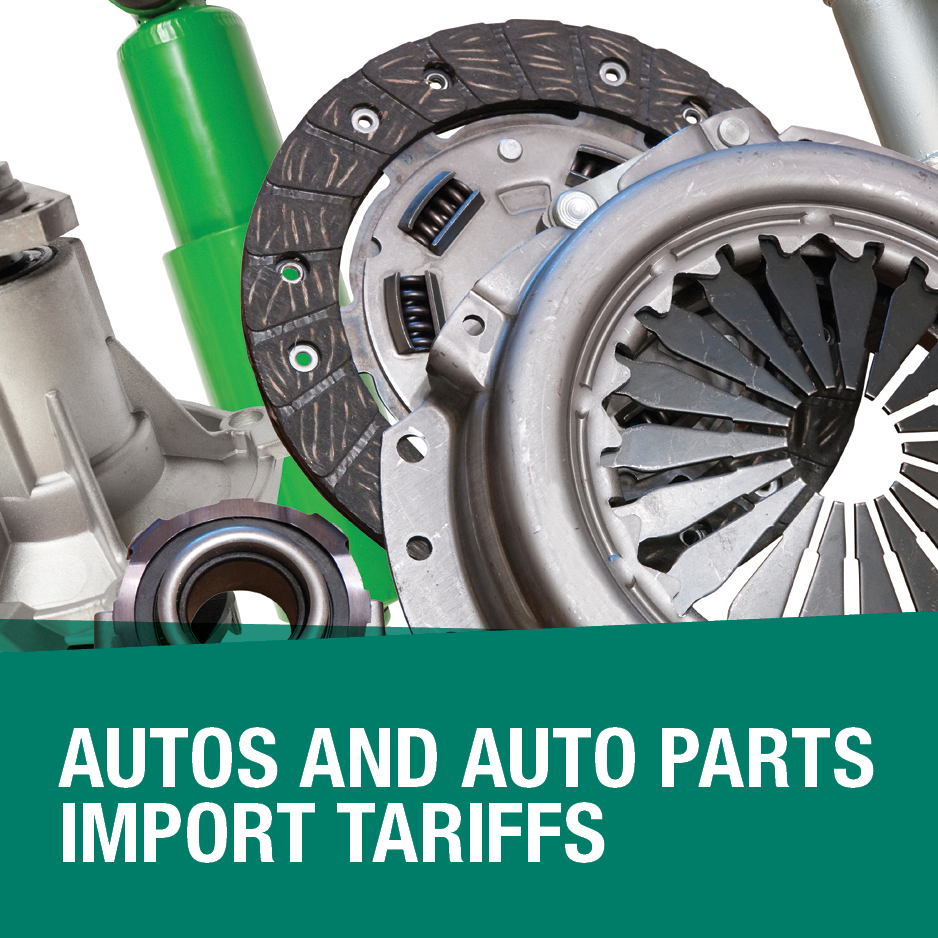
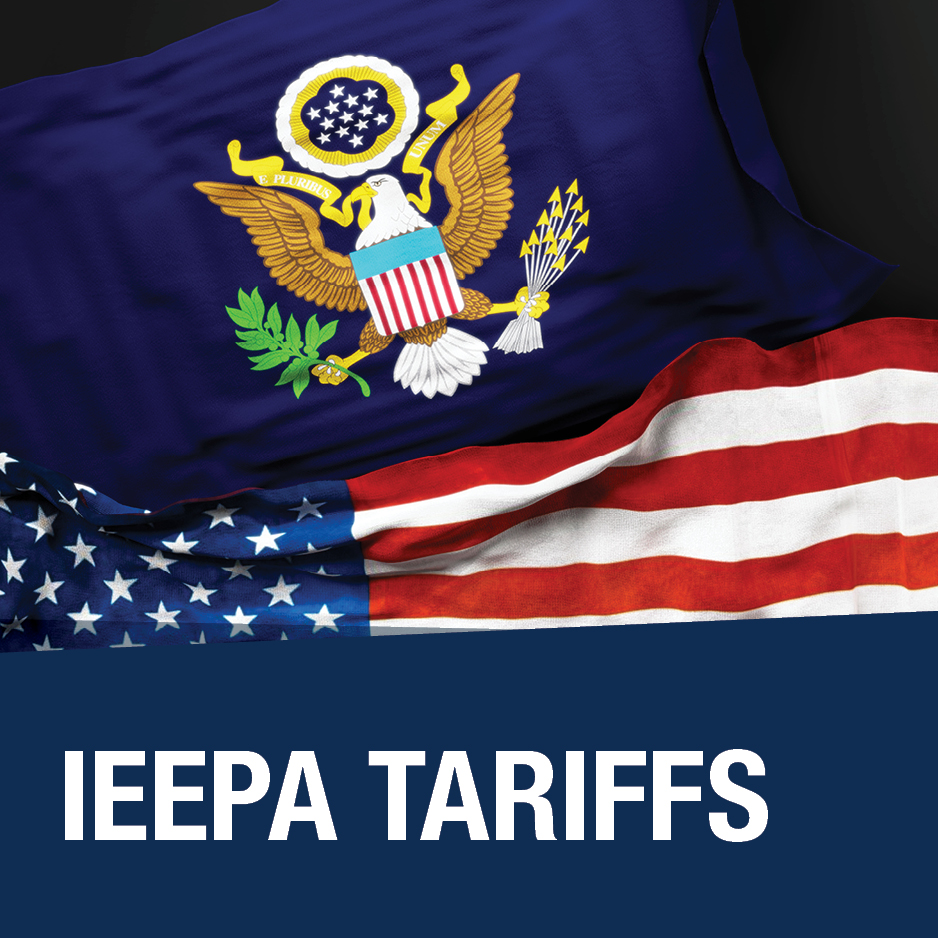
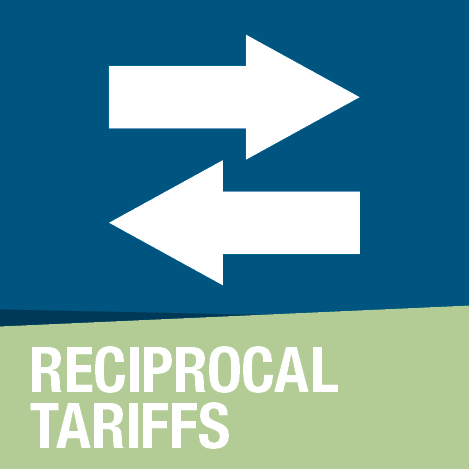

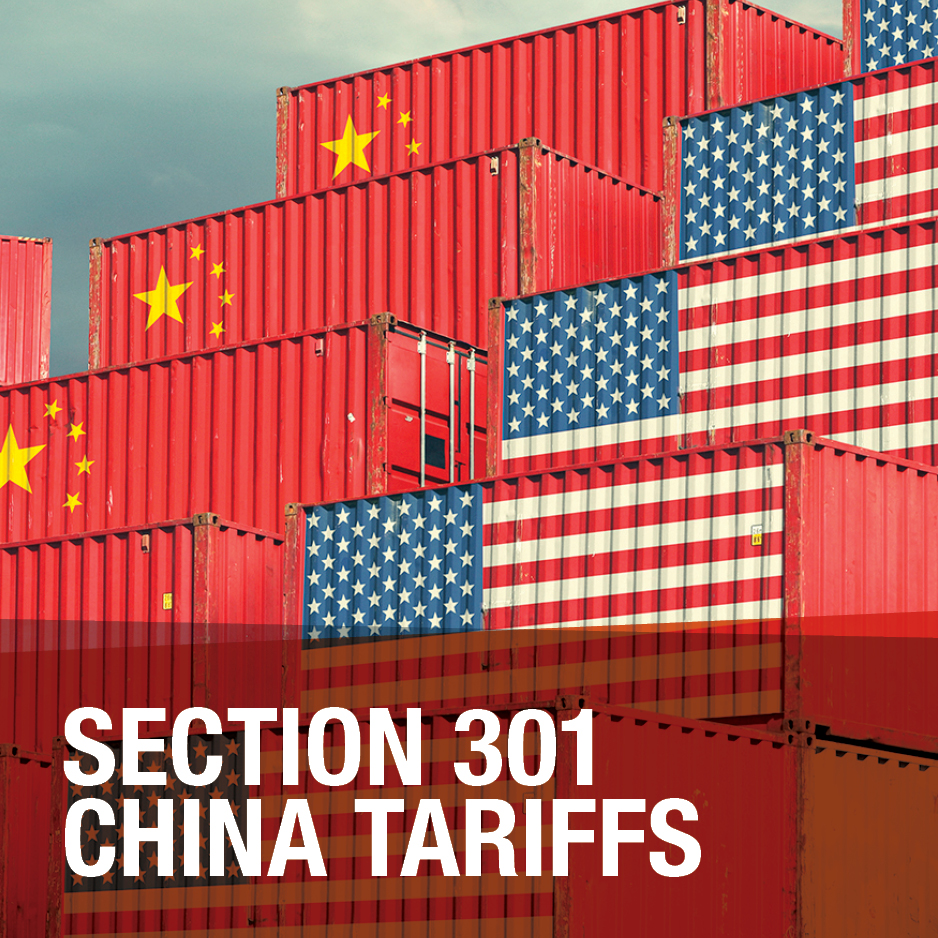


Leave a comment